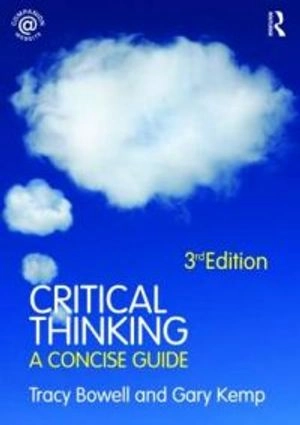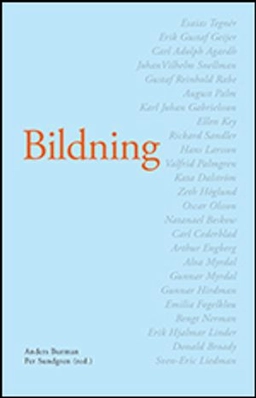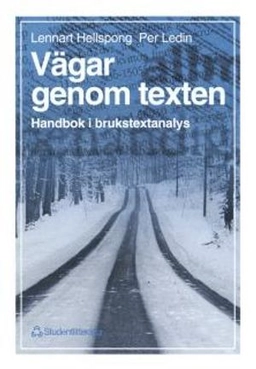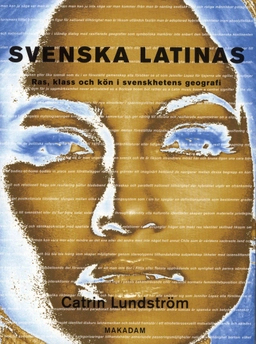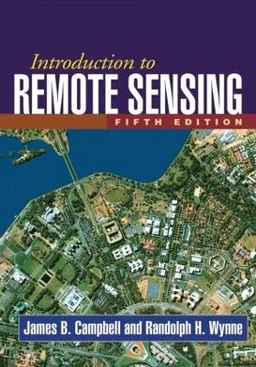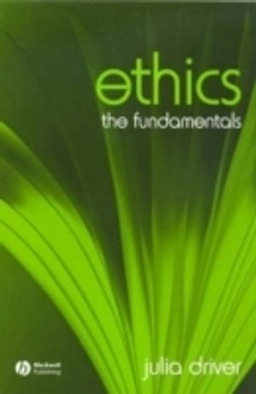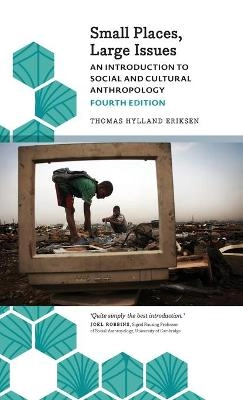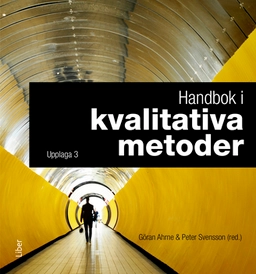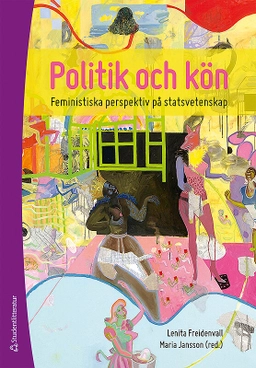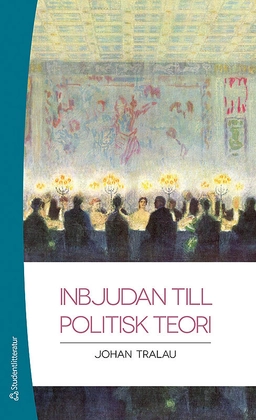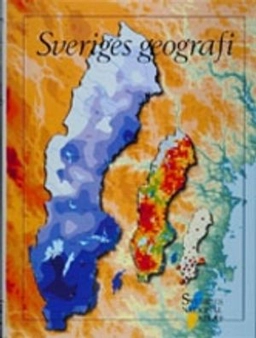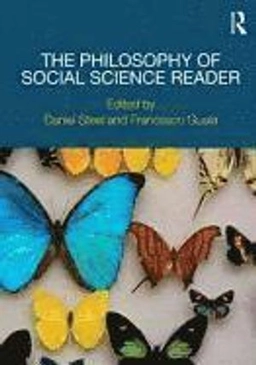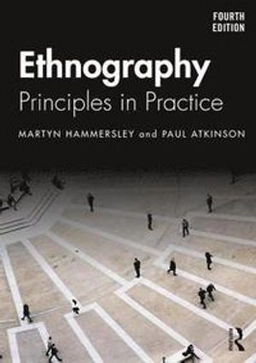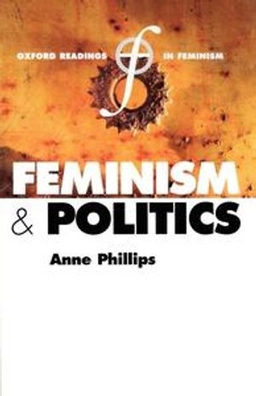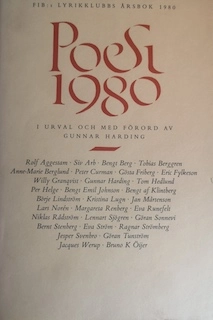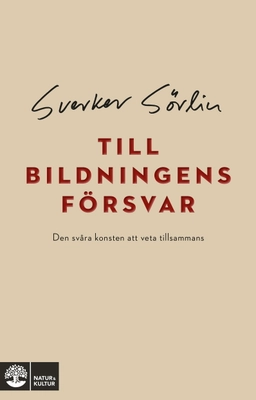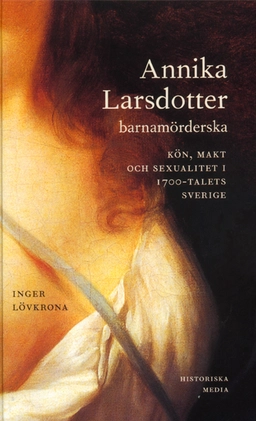"Critical Thinking: A Concise Guide" is a much-needed guide to argument analysis and a clear introduction to thinking clearly and rationally for oneself. Through precise and accessible discussion this book equips students with the essential skills require to tell a good argument from a bad one. The book features clear, jargon-free discussion of key concepts in argumentation. It tells how to avoid common confusions surrounding words such as 'truth', 'knowledge' and 'opinion'; how to identify and evaluate the most common types of argument; and, how to spot fallacies in arguments and tell good reasoning from bad. It features chapter summaries, glossaries and useful exercises. This third edition has been revised and updated throughout, with new exercises, and up-to-date topical examples, including: 'real-world' arguments; practical reasoning; understanding quantitative data, statistics, and the rhetoric used about them; scientific reasoning; and expanded discussion of conditionals, ambiguity, vagueness, slippery slope arguments, and arguments by analogy."The Routledge Critical Thinking" companion website, features a wealth of further resources, including examples and case studies, sample questions, practice questions and answers, and student activities. "Critical Thinking: A Concise Guide" is essential reading for anyone, student or professional, at work or in the classroom, seeking to improve their reasoning and arguing skills.
Åtkomstkoder och digitalt tilläggsmaterial garanteras inte med begagnade böcker
